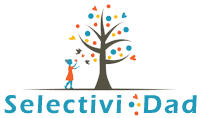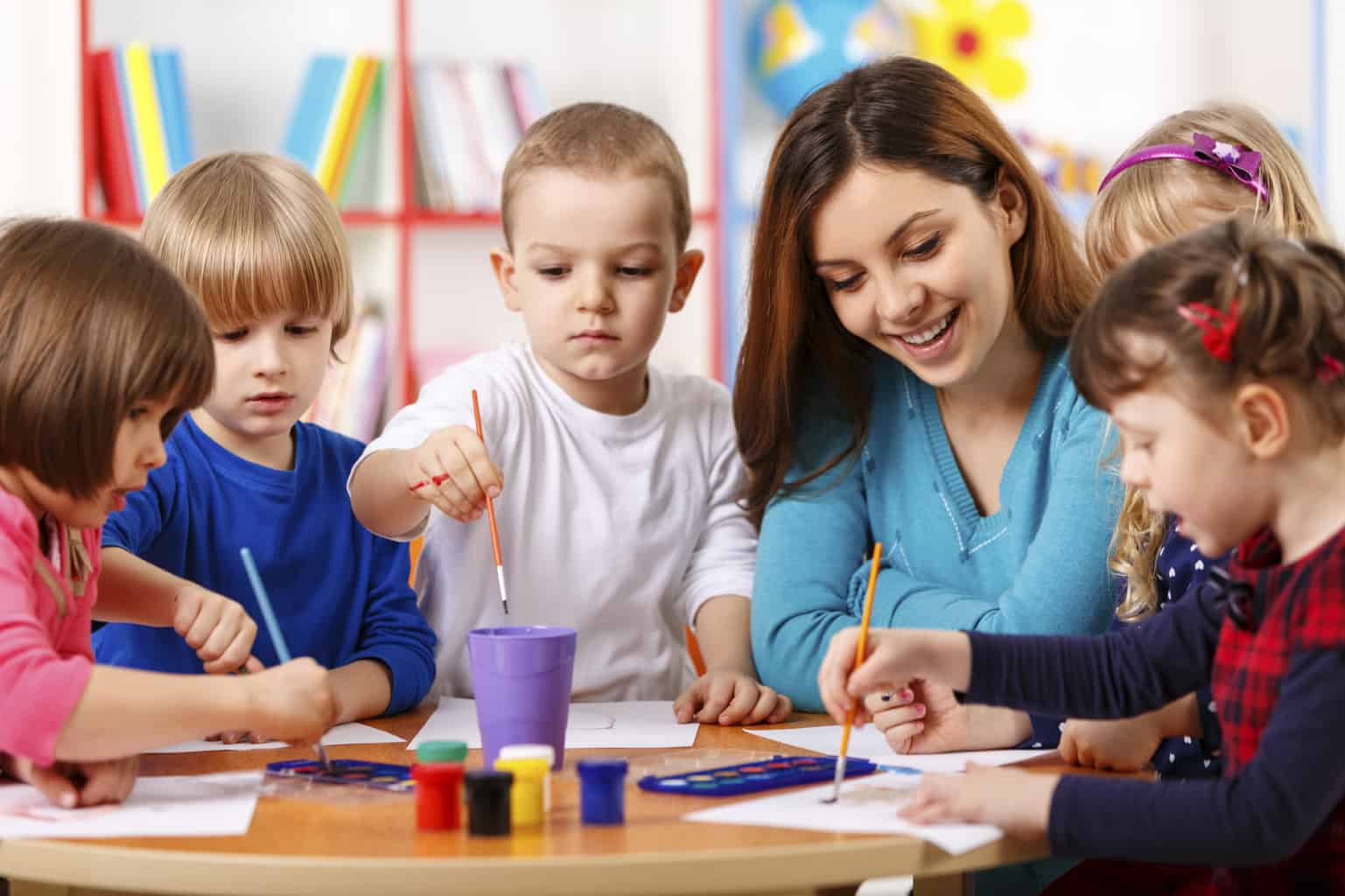There are few things that can prepare you as a parent for sending your child off to preschool. No matter how difficult it is, there is a growing consensus among child psychologists that preschool is a critical part of ensuring that your child is ready for a successful academic career. If you’ve been thinking something like “I need to find a good preschool near me but I don’t even being to know where to look.” worry not. We’re here to help you with some tips for things to look for in preschools as well as how to go about finding them.
Your child’s academic future is important. They have plenty of time to choose what they want to do with their life but in the meantime, it’s important to make sure that they have the tools they need to get them to where they end up deciding where they want to be. Whether they stick to their childhood dream of becoming an astronaut or they decide they want to be a marine biologist, doctor, or even a truck driver. The most important thing is that they have the skills needed to excel in life.
Table of Contents
How to Tell if a Preschool is Good
Before enrolling your child in a preschool and potentially spending a great deal of money on it, it’s always good to be sure that it will be able to deliver what you need it to. There are a few things that you can always be on the lookout for to help you determine if a specific preschool is worth the time, money, and effort or not. It might make your search for a preschool a little more strenuous, but it’s worth the extra effort to make sure in the long run every single time.
While preschools can come in a variety of packages, most experts agree that effective preschool programs share a few fundamental characteristics. That means that it doesn’t matter if you’re putting your child into an expensive program or into a publicly funded program, you’ll still be able to find something high-quality that fits into your price range. Child psychologists have been trying to figure out what to look for for a long time, and they’ve finally come to a conclusion that we’d be more than happy to share with you so you can make sure that you’re finding the best possible program for your child.
The first thing that you should look at is the environment in the classroom for safety. Ask yourself how safe the room would be if the child wasn’t under constant supervision. That means looking at the corners on things like tables, desks, and shelves to see if they have rounded or sharp corners. A good preschool classroom should also look like a room that is built with children in mind. That includes things like low shelves with cubbies in them, easily accessible toys and activities, and even a reading area. It’s important that any toys are accessible without any adult intervention because that helps to grow the child’s problem-solving skills.
You’ll also want to look at the performance of the current students involved in the program. This is going to be a huge indicator of how effective it is, regardless of how you might feel about grading children this young. If the grades of the students are low and stay low, that usually means that the teacher isn’t taking the time to identify where the student is struggling so they can help them do better. Of course, there will always be children that have no interest in improving in these programs, that’s just how kids can be at times. What you want to look at are the trends you can see in the grades.
What’s more important than student performance is the quality of the teacher. Good teaching is an active choice and requires a lot of foresight and planning, so if the teacher at the program is high-quality they’ll be able to explain why the children are doing what they’re doing no matter how unimportant their current task may seem. It can be hard to differentiate between a teacher that is just allowing their students to play freely and a teacher that has spent a great deal of time and effort making sure that they’re doing a good job at teaching their children.
Lastly, you’ll want to see how the staff interacts with the children and vice versa. One of the biggest non-verbal cues for children is to get down to their height when you speak to them. People that know what they’re doing will understand this and you’ll likely see them getting down low to talk to the children. Eye contact is also important for engaging the children and is likely to lead to longer and more in-depth conversations with the staff member.
Even though children are young, they still need to feel respected by adults. They are, after all, still human beings with their own thoughts, hopes, and fears. When adults treat children with respect, the children will typically give that respect back. You never want to walk into a classroom to see that the teacher doesn’t go out of their way to show the children the respect that they’re due, and you especially don’t want to see a teacher lose their patience with the children because that indicates a breakdown in communications.
What are the Types of Preschool?
There are a lot of different types of preschool near me , and if you’ve been looking into it you’ve probably noticed the same. That can make it feel even more difficult to find the right place for your children, but the fact that there are so many options is good. That means that you have better odds of finding a good fit than if there were just one type of preschool. Everyone’s different, and that includes children, so that means that not every child would benefit from the same exact program. Little differences in approaches can make a world of difference for your child. Here are just a few of the most popular types of preschool:
Montessori

-
- Montessori preschools were developed by an educator by the name of Maria Montessori, and it takes a unique approach to teaching. All teachers are either undergraduates or graduates with a special certification from Montessori that allows for them to teach at this type of preschool. These schools take a very hands-off approach to teaching by providing gentle guidance and allowing for children to decide their own curriculum.
Reggio Emilia
-
- Reggio Emilia is somewhat similar to Montessori in a philosophical way. This type of preschool comes from Italy and also has a very hands-off approach to education. The biggest difference is that the teachers do not require any sort of special credentials or even additional training to teach in these schools. Their theory for education is a lot more overarching than any sort of lesson plan there might be.
High-Scope
-
- High-Scope is the only type of preschool that we’ll be looking at that has some structure to it. This type of preschool takes a much more academic approach and is shaped a lot like a regular class would be. Their process can be boiled down to plan, do, then review. They value teaching children problem-solving skills and conflict resolution skills while also providing an introduction to science, math, and reading.
There are many other types of preschools out there, but these are three of the most common that you’ll run into on your searches. If none of those would work for your child, there’s likely to be one out there somewhere that does. Most types of preschools that are effective have all sorts of documentation about their methods so you can easily do a bit of research and get your child to the right place.
How to Find a Good Preschool.
There are a few ways to find a good preschool. The best way is either going to be asking your local school district or checking online. School districts typically have a great deal of information about local preschools and they’d be happy to help you with your child’s early academic development. The government also provides a registry of preschools through childcare.gov, which is a website that is run and maintained by the Administration for Children and Families. That website also has a great deal of tools and information that can further assist you both with your search and potentially with paying for a program.
Finding a Good Preschool Made Easy
One of the most exciting things in your child’s early life is sending them to a preschool. It can help prepare them to be a fantastic student and develop social skills that they’ll need for later in life. Finding a good program can feel stressful, but there are a lot of resources that can help you be sure that you’re making the right choice. Your child’s academic future is important so picking the right preschool is critical.



